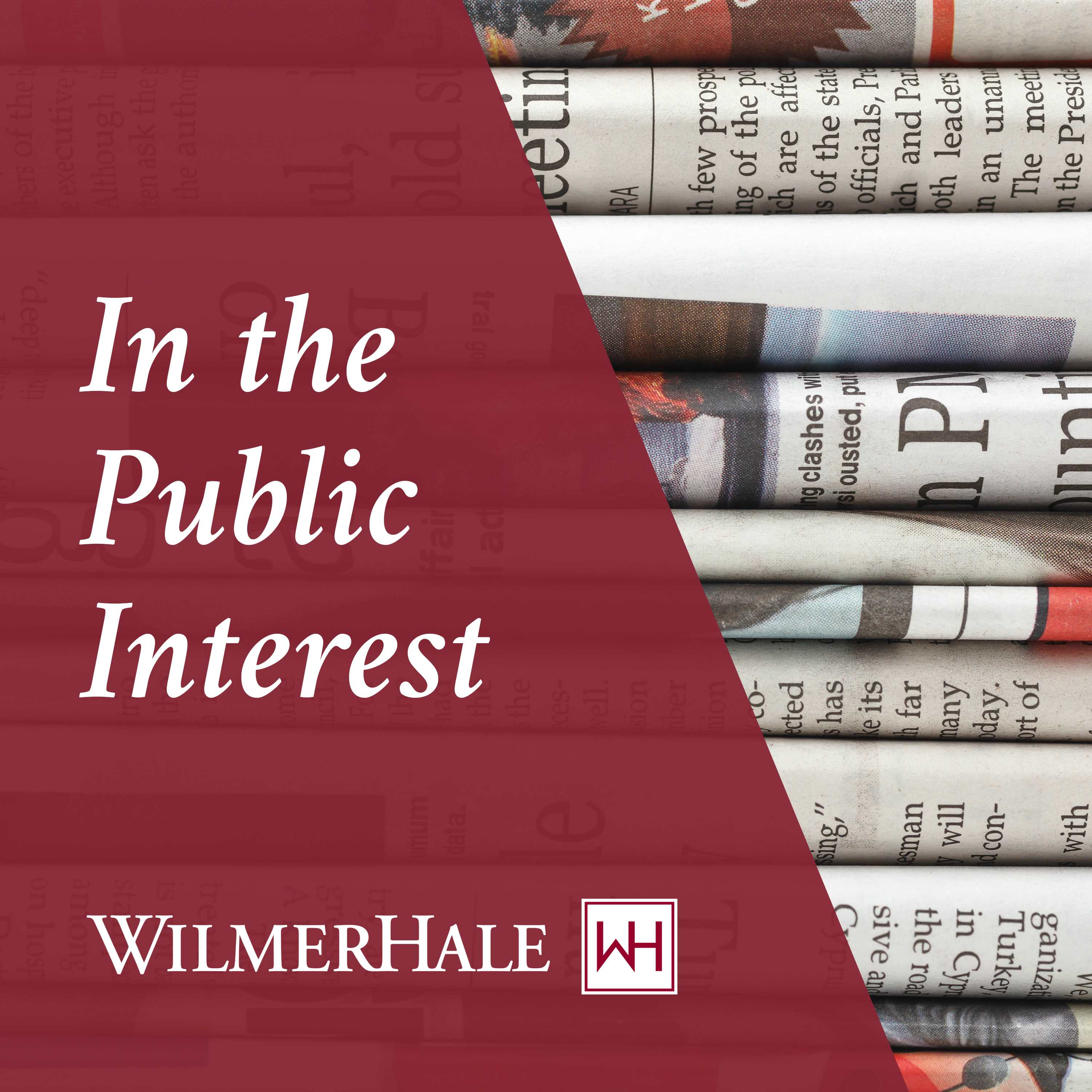Aug 20 2024 21 mins
In this episode, co-host Michael Dawson and Partner Kelly Dunbar discuss Loper Bright Enterprises v. Raimondo, the recent decision that overturned Chevron v. Natural Resources Defense Council. In the initial 1984 decision, the Court determined that when an agency is tasked with enforcing an ambiguous statute with more than one reasonable interpretation, a court reviewing the agency’s action must defer to the agency’s reasonable interpretation of the statute. This latest decision requires courts to make those interpretations instead, with potentially far-reaching effects on agencies across the country.
Dawson and Dunbar share the original intent of Chevron and how it came to form a bedrock of administrative law. Dunbar also explains why the Court found it necessary to overturn the decision after 40 years and the unanswered questions left in the wake of the case. Dawson also questions the impact the case will have on both the public and private sector, and specifically if Congress will shift how it legislates in order to avoid potential ambiguity.
This episode is the latest installment of our miniseries examining notable decisions recently issued by the US Supreme Court. Previous episodes covering this year’s term looked at the decisions in cases including Cantero v. Bank of America, Alexander v. South Carolina State Conference of the NAACP, Securities and Exchange Commission v. Jarkesy and Department of State v. Muñoz.
